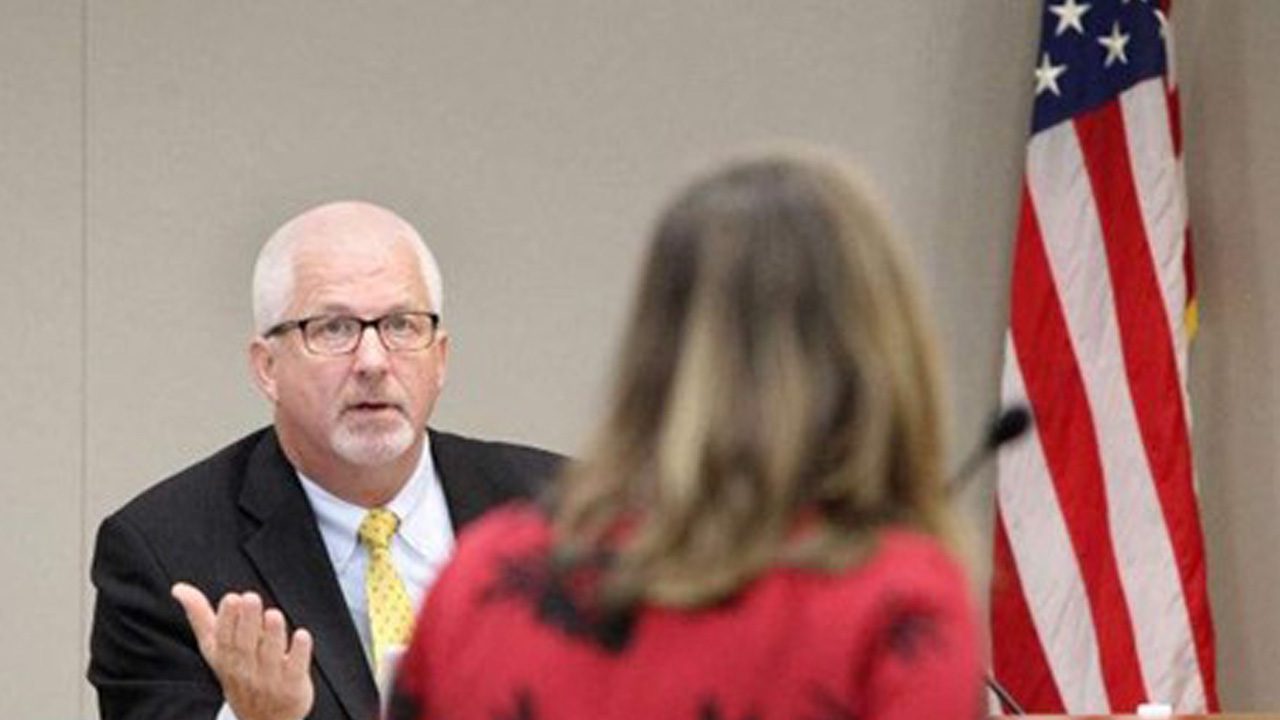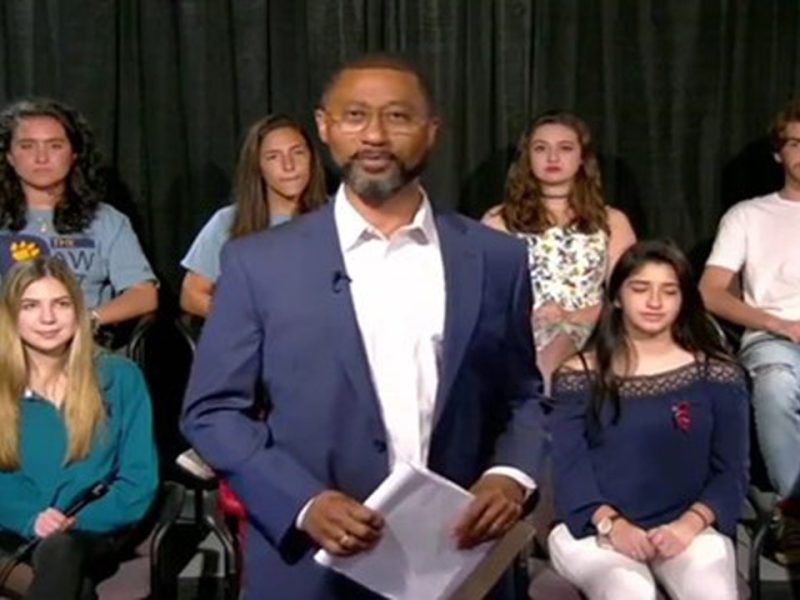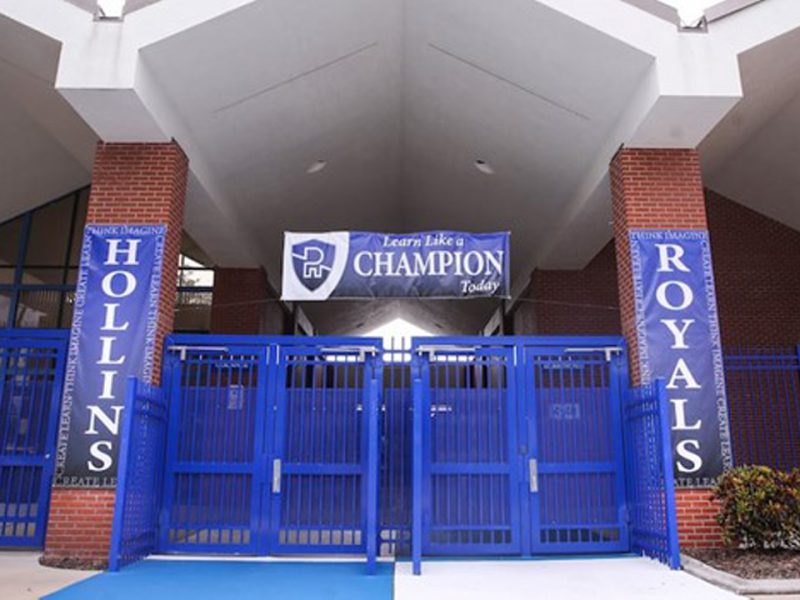
Pasco schools push parent civility in student code of conduct
Tampa Bay Times | Jeffrey S. Solochek | May 22, 2024
‘It’s a pretty simple concept,’ superintendent Kurt Browning said. ‘You treat us civilly, we will treat you civilly.’
LAND O’LAKES — As it prepares for classes to resume in the fall, the Pasco County school board is again revising the rules it expects students to follow.
It’s adding new guidelines regarding when students may use cell phones, for instance, and what types of clothing they may wear.
Nestled within all the regulations, which came before the board Tuesday during a public hearing where no one spoke, is a stark reminder to treat everyone with courtesy and respect. It’s aimed not only at students, but also at parents and staff.
“Sadly, we have to tell people this,” board vice chairperson Alison Crumbley said. “Maybe it is just the nature, the temper of our times.”
Two years ago, the board adopted a revamped civility policy aimed at parents and other members of the public who deal with district employees. It came amid reports of parents yelling at secretaries, threatening bus drivers and harassing teachers.
The rule resided in an online policy manual that the public rarely read, said student support services director Melissa Musselwhite. And problems persisted.
She gave an example from this month of a parent who repeatedly called her office, shouting and swearing and berating whoever answered. The department had to create a script for how to speak to the caller before it would be acceptable to hang up, she said.
Having a civility policy that’s more easily accessible, and that gives more details, should make it more clear for all involved to know what to expect, Musselwhite said. That’s why it landed in the student code of conduct, which parents are supposed to read and acknowledge with a signature.
“We want you advocating for your kids,” she said. “But there are ways to do it.”
The new language takes up two pages at the front of the manual, replacing the paragraph that previously held that spot. It reminds readers that it’s easier to partner for the good of students if everyone comes to the table ready to treat one another with politeness and courtesy.
“The requirement of respect and civility in no way diminishes ones ability to share their point of view or impacts their freedom of expression, but ensures that such expression does not degrade to a level of inappropriateness or otherwise disrupt the operation of the educational environment or district facility,” the document reads.
It goes on to describe, in a series of bullet points, what exactly that means. Among them:
- Providing an opportunity for all parties to be heard, without interruption or intimidation, or displays of temper.
- Sharing our opinions and concerns without loud or offensive language, gestures, intimidation, displays of temper and/or profanity.
- Obeying school and district rules for access and visitation.
- Respecting the obligations and time constraints of all involved stakeholders.
“It’s a pretty simple concept,” said superintendent Kurt Browning, a leading proponent of the heightened civility policy. “You treat us civilly, we will treat you civilly. You treat us with respect, we will treat you with respect.”
The policy gave direction, he said. The new language in the code of conduct fleshes it out.
It tells students who to complain to if they feel treated improperly according to the code, for instance. And it spells out steps employees should follow if confronted by irate parents or members of the public.
“It’s nothing new,” Browning said. But “we live in a day and age when we have to remind people to be civil to one another.”





